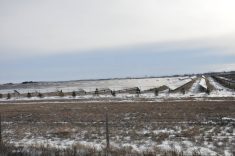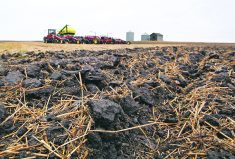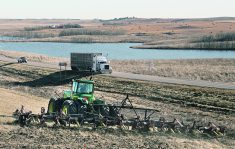At the end of the Second World War, Canadian author Hugh MacLennan wrote a novel called Two Solitudes, which described the lack of communication and understanding between French and English Canadians.
Currently, divides have opened up on many new fronts. Silos have formed based on political, economic, racial, national and gender issues, while social media and political opportunism has exploited these differences for self-centred gain.
In Alberta, the separation of rural and urban worldviews has created division over the future of the oil and gas industry, climate change and our economy.
Read Also
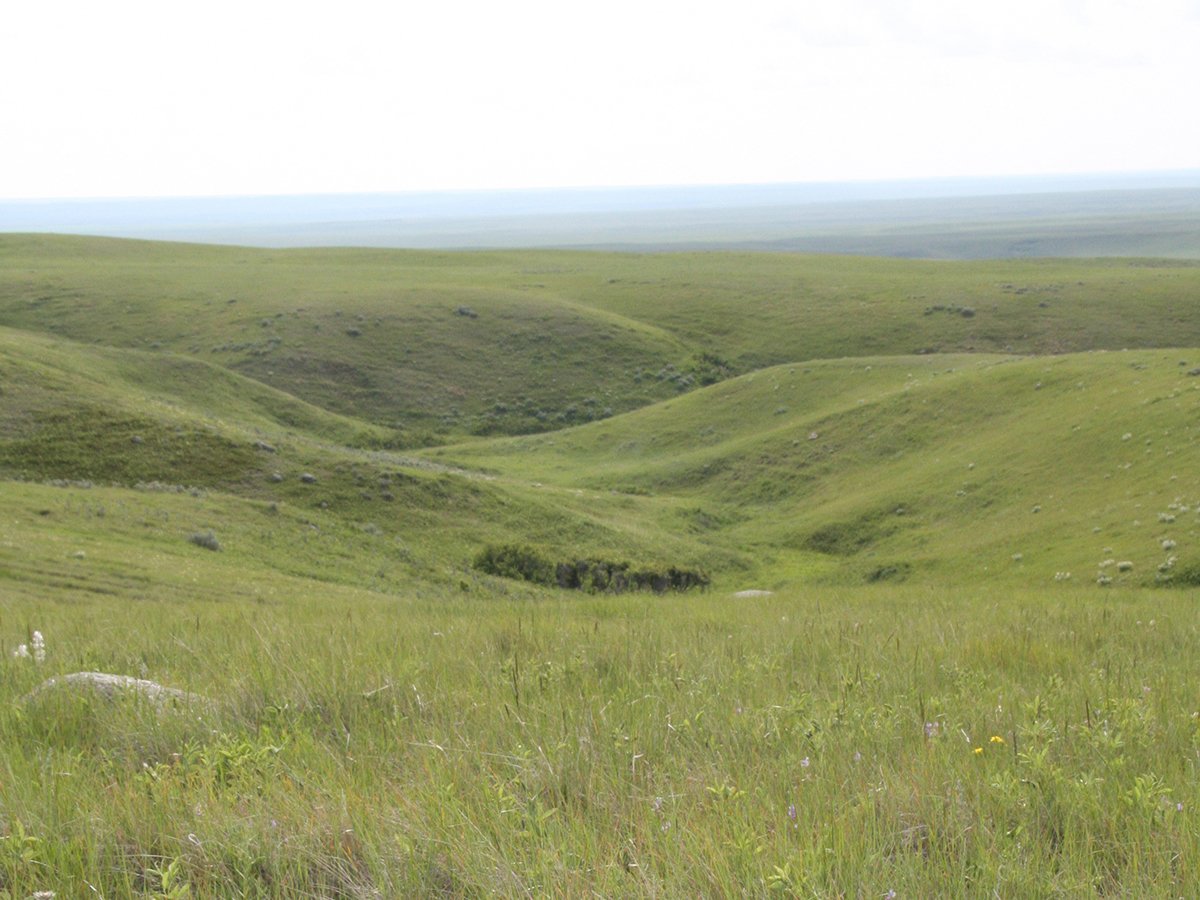
Alberta irrigation project on grasslands approved
Environmental concerns raised by Alberta conservation groups over irrigation expansion project within rural municipality
Hampering urban-rural dialogue is a tendency for renewable energy and environmental advocates to preach about the risks of “business as usual.” Understandably, rural communities hate it when someone from the city tries to tell them what they should be doing or what industries they should support.
However, on the issue of developing coal mines in the Rocky Mountains, these two solitudes have united in a common cause. In fact, a third solitude, Indigenous communities, has also joined the coalition.
All agree that drawing billions of litres from critical watersheds to wash coal is a bad idea. They’re aware of the risk of polluting headwaters with selenium, and they don’t want fugitive coal dust polluting the air and falling on their land.
In the city, it isn’t just liberals and climate activists protesting against mountainsides being dynamited into open pits. There are conservatives that love nature and want to preserve the streams and forests for fishing, hunting, camping and other outdoor recreation.
Last summer, Calgarians experienced the pain of dealing with severe water shortages due to a massive rupture in a critical water main. As the province continues to become warmer and drier, many understand that Stage 4 water restrictions will become more common as glaciers melt, mountain snowpacks shrink and evaporation accelerates.
In a water-challenged environment, everyone should be concerned about ensuring there is enough for irrigation and drinking water. Are we sure there will be enough water to add coal dust suppression in the dry and windy environment of southern Alberta?
If former Alberta premier Jason Kenny and his inner circle hadn’t been tossed out of the United Conservative Party, the coal issue wouldn’t have returned.
However, the conservative agenda was seized by a group of former Wild Rose party activists fighting desperately for more resource extraction. This is a far cry from the Progressive Conservative party of Peter Lougheed. The Lougheed conservatives banned coal mining around the watersheds critical to southern Alberta’s agriculture industry.
The fight will continue, but it’s particularly frustrating when years after winning the fight and surviving ensuing legal challenges, the party you voted for surprises you with a do over. Clearly, the people in charge of the UCP need to be sent a message. No means no.
Rural Albertans are more connected to the land, and must be fully aware of the changes to our weather. Multi-year droughts and the rising cost of insurance aren’t going away.
Yes, the oil and gas industry has been very good to all Albertans, but the industry is also contributing to the changing environmental conditions that are threatening the livelihoods of producers and the rural communities they support.
The oil fields in southern Alberta are tapped out, the orphan well liability is growing and a growing number of oil and gas companies are not paying their leases, taxes and oilfield service providers. Insolvencies are on the rise.
This is not a good time for those in the agriculture industry to be defending oil and gas corporations.
The world is changing and the demand for fossil fuels will slow while places like Alberta and the United States invest heavily in new pipelines and export terminals over the next few years. Ramping up production as demand fades has never been a good idea and has often led to oil busts.
It’s time for Albertans and Canadians to start protecting their agriculture industry. Alberta agriculture generates more than $4 billion in sales per year. In 2023, revenues from the sale of agricultural commodities across Canada were worth $93 billion.
Canada and the world are always going to need food. Why would anyone jeopardize the agriculture industry simply because it’s easier and profitable to just keep burning fossil fuel?
Robert Miller is a retired systems engineer, formerly with General Dynamics Canada, who volunteers with the Calgary Climate Hub and writes on behalf of Eco-Elders for Climate Action. He lives in Calgary.



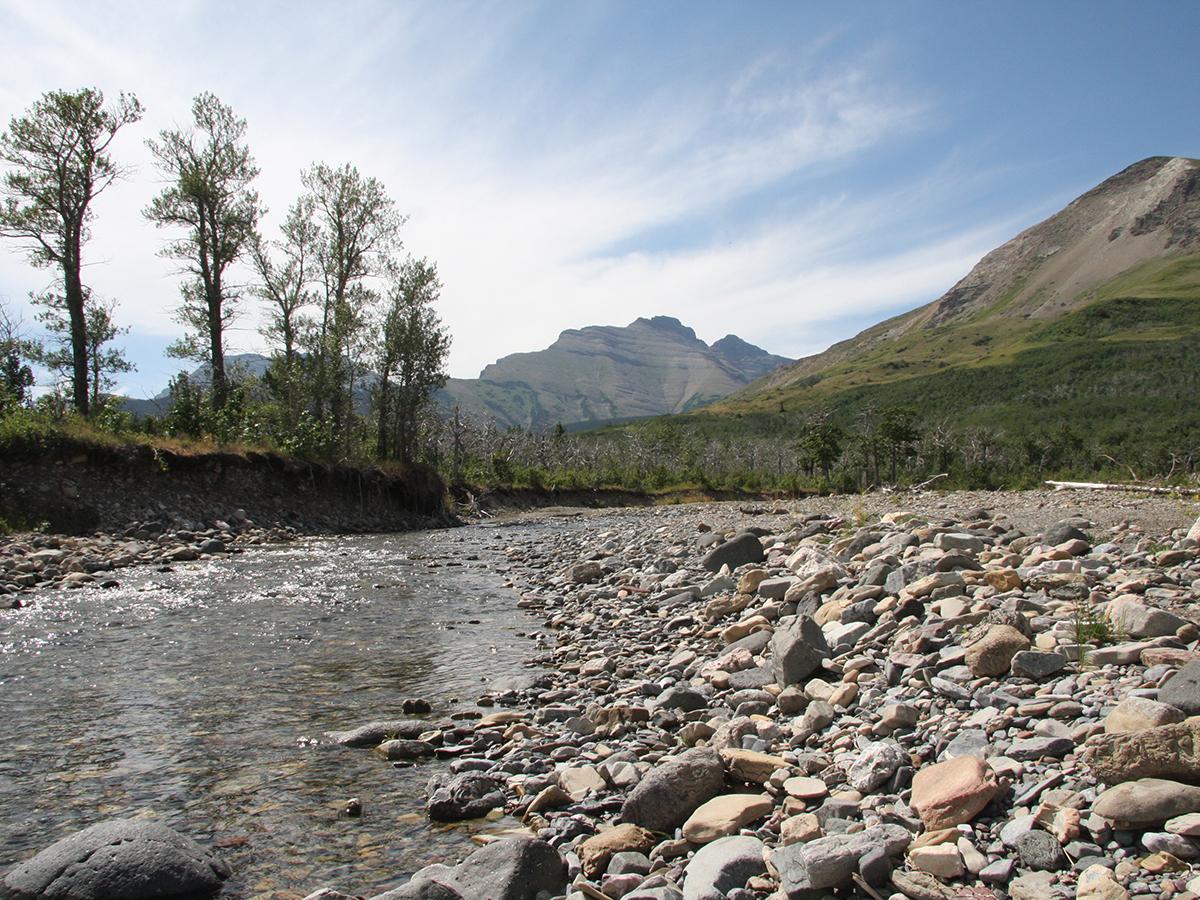


![Protesters crowd a street carrying signs that read, "Global warming real. In other news, water is wet," and "Stop denying the [blue painted pic of the Earth] is dying."](https://static.producer.com/wp-content/uploads/2025/07/29145152/158171_web1_2019-10-18T222818Z_1221762151_RC14C26A65A0_RTRMADP_3_CLIMATE-CHANGE-THUNBERG-1200-220x165.jpg)
